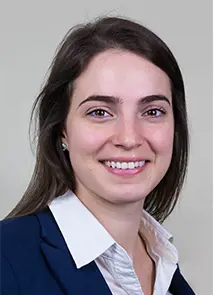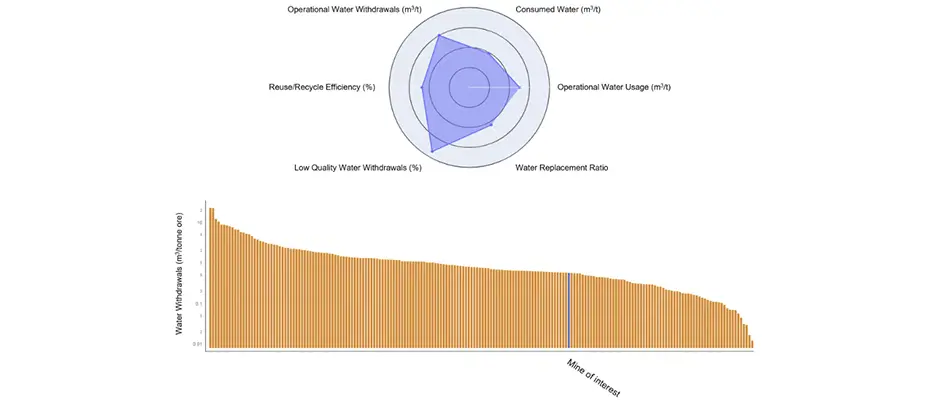The Unseen: A Case Study of Innovative Methods for Investigating Historic Mine Workings
Abstract:
Canadian mining operations have long been key contributors to economic vitality. This has resulted in Canada standing at the forefront of implementing best practices that relate to mine closure projects. In the case of closing historic mines this can be a particularly challenging task as often the level of information available is much less than active mines preparing to close. Closing historic mines provides an opportunity to apply new, and innovative methods to collect the data required to design and execute a successful mine closure plan.
The site discussed in this study is in northern Canada and used interconnecting open pit and underground mining methods while in operation but has been closed for over half a century. Historic documents indicate that the mine was closed after a failure occurred at depth and some backfill material was lost. A pond currently exists where the open pit was located. This study is Rock Mechanics focused and discusses the methods used to assess the geometry and stability of the historic mine workings. The need for innovation stemmed from the limited historic plans and documentation that existed.
Empirical methods suggested that the crown pillar at the site was unstable and should have failed, which did not align with on-site observations. Therefore, an alternative method of assessing the stability was required which involved undertaking bathymetric and three-dimensional sonar surveys to gain a better spatial understanding of the open pit and underground environment. The surveys confirmed that there were no visible signs of instability in the areas where the surveys were done. Advantages and limitations exist for the methods used to complete the survey and use the survey results during this investigation. These will be discussed in this paper.








